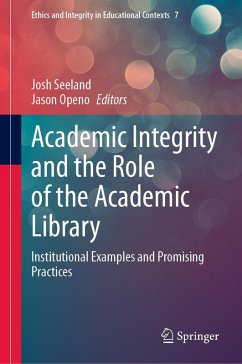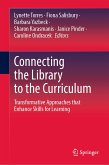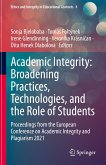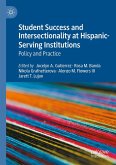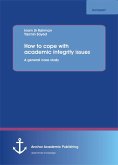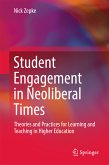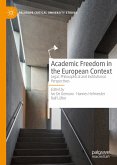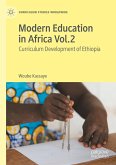Drawing from library literature and that of academic integrity more broadly, readers are exposed to how libraries are necessary in a holistic approach to academic integrity. Education about academic integrity and the prevention of academic misconduct, for not only students but other institutional stakeholders, are demonstrated as occurring optimally in positive, supportive, and proactive ways. The book details numerous ways in which librarians can work with faculty and other stakeholders using established frameworks such as information literacy and blended librarianship as well as innovative platforms and content.
Other contributions involve the identification of potential academic misconduct and administration of academic integrity policies to complete the cycle recommended by the frameworks of global educational quality organizations (QAA, TEQSA). Initiatives presented in the book include those at the course level and institution-wide initiatives involving curriculum, policy, and supports for faculty and students. Also contained are efforts occurring at a national level within professional networks , in addition to international library curriculum. This book provides inspiration to institutions and academic libraries of any size and scope to embrace this emerging role in creating cultures of academic integrity.
Dieser Download kann aus rechtlichen Gründen nur mit Rechnungsadresse in A, B, BG, CY, CZ, D, DK, EW, E, FIN, F, GR, HR, H, IRL, I, LT, L, LR, M, NL, PL, P, R, S, SLO, SK ausgeliefert werden.

